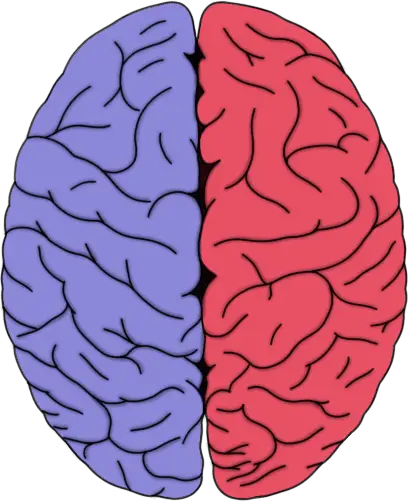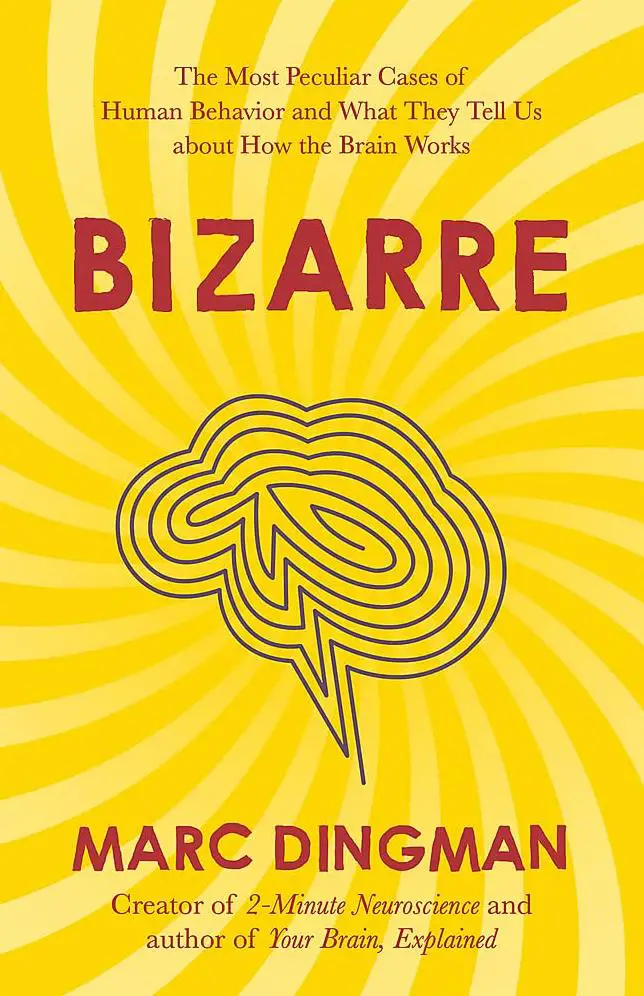I Have the Strangest Feeling I’ve Written this Post Before
We’ve all experienced it, some of us many times in many different places: déjà vu, that nebulous feeling you’ve been somewhere before although you can’t pinpoint exactly when or under what circumstances. A number of explanations have been offered over the years for why déjà vu occurs. They range from the mystical (remnants of memories from a past life) to the scientific. Even within these disparate categories the explanations are numerous. Some scientists consider it simply a case of erroneous memory. Perhaps, they suggest, some features of the environment are similar enough to a past environment to create a sense of familiarity, even though it is inaccurate. Others postulate déjà vu results from a lack of calibration between short and long-term memory. This might occur when the details of a scene are sent to long-term memory storage before they have been consciously processed. Thus, there is a lag of a few seconds before the short-term memory catches up, when a distant memory of the present environment seems to exist even though it was formed just seconds prior. Most of the scientific explanations, although they vary in details, share the implication that déjà vu involves some sort of miscalculation or misrepresentation by the brain.
Current research involving deep brain stimulation (DBS) may eventually provide some real insight into déjà vu, although déjà vu had nothing to do with the original goals of the research. DBS is a relatively new technique where a device that emits electrical pulses is surgically implanted in the brain. Although the reasons for its effectiveness are not fully understood, it has been shown to be beneficial in the treatment of Parkinson’s disease, tremors, and chronic pain. Andres Lozano, a Professor of Neurosurgery at the Toronto Western Hospital in Toronto, Ontario, and his team of researchers were attempting to use DBS to treat a 50-year old male patient with chronic obesity when they induced an unexpected result. While electrically stimulating areas of the hypothalamus in the hopes of identifying a site with appetite-suppressant qualities they discovered an area near the fornix that elicited feelings of déjà vu. With further stimulation the patient was able to recall vivid memories of being in a park with his friends when he was around twenty years old. The patient returned for further tests and it was found stimulation of the same area increased performance on memory tasks.
The hypothalamus is primarily involved in the regulation of metabolic and other autonomic processes through its connection to the pituitary gland. The fornix, however, has a more prominent role in memory. It is made up of a bundle of axons (nerve fibers) that connect to the hippocampus, an area of the brain thought to be extremely important in memory formation and recall.
Probably the most interesting aspect of these findings has little to do with déjà vu and more to do with DBS. DBS has only begun to be implemented within the past ten years or so, and it continues to surprise scientists and doctors with its multifarious uses. In addition to its efficacy in alleviating the chronic conditions listed above, it has also been found to have some success (just within the past year) in rousing patients from a comatose state. Since we still don’t know why this procedure is effective, imagine its potential benefit when we figure out what the mechanism of action is.


